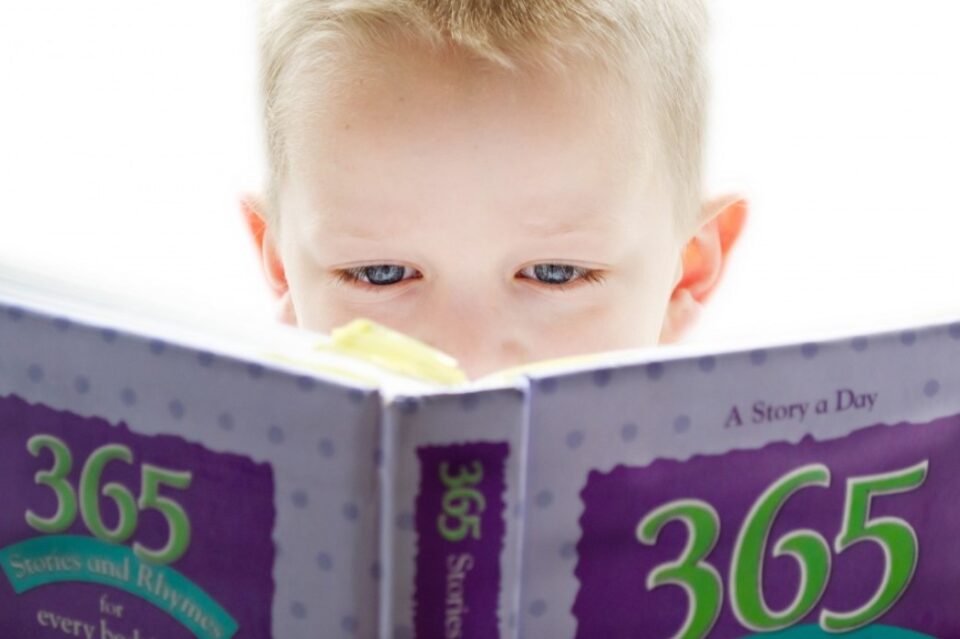Not many parents or caregivers would probably realize, but yearly learning matters greatly both in childhood and adulthood. Babies that have the right early learning experiences likely to have better concentration, behavior, perception, memory, and coordination as adults.
Your child learns best when he has responsive and active interactions with parents or caregivers. As a parent, you play an important role in assisting your child during their formative years.
You are their very first teacher, and they will continue to learn from you even after they start school or preschool. That’s why, it is a good idea to apply the best toddler learning practices for your little one, especially when the practices are easy and do not cost anything.
What Skills You Can Teach A Toddler?
There are numerous skills that a toddler can learn. Of course, it will be nothing like reading or calculating, but you can set a toddler ready for learning some basic numbers, writing, literacy, and other life skills.
Numbers
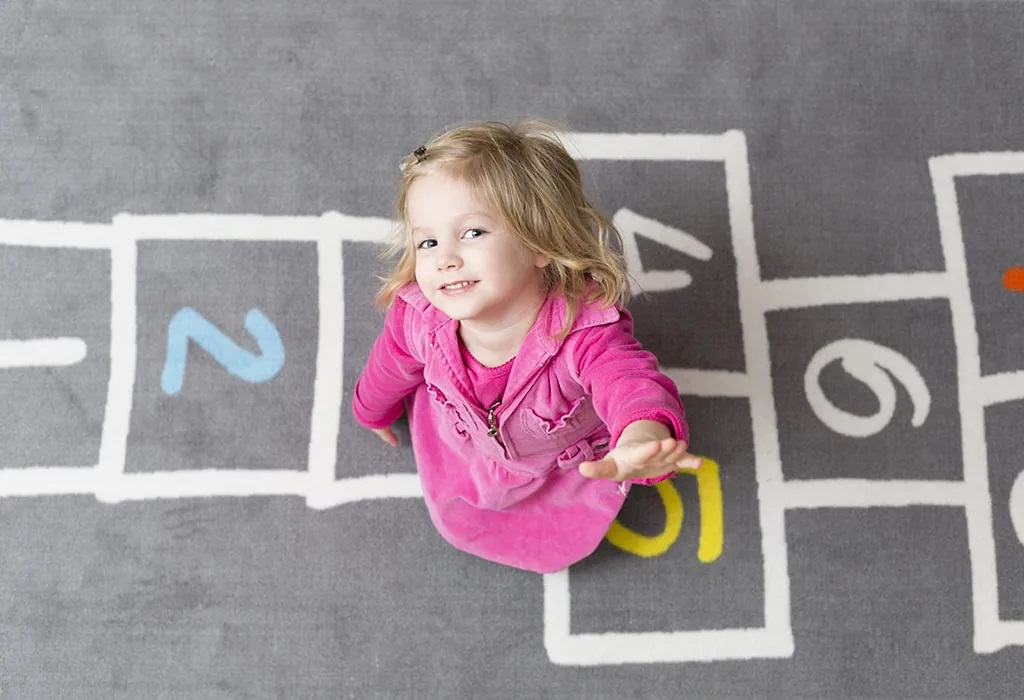
You may assist your child to learn fundamental number concepts simply by taking common activities, such as counting the beans that will go to the soup or counting tress that you see through the window. You can also play songs that involve counting numbers.
Writing
While the toddler is too young to start learning the actual writing, activities like drawing with crayons can give a perfect headstart for learning writing. By drawing, your toddler is developing eye motor skills and coordination.
Literacy
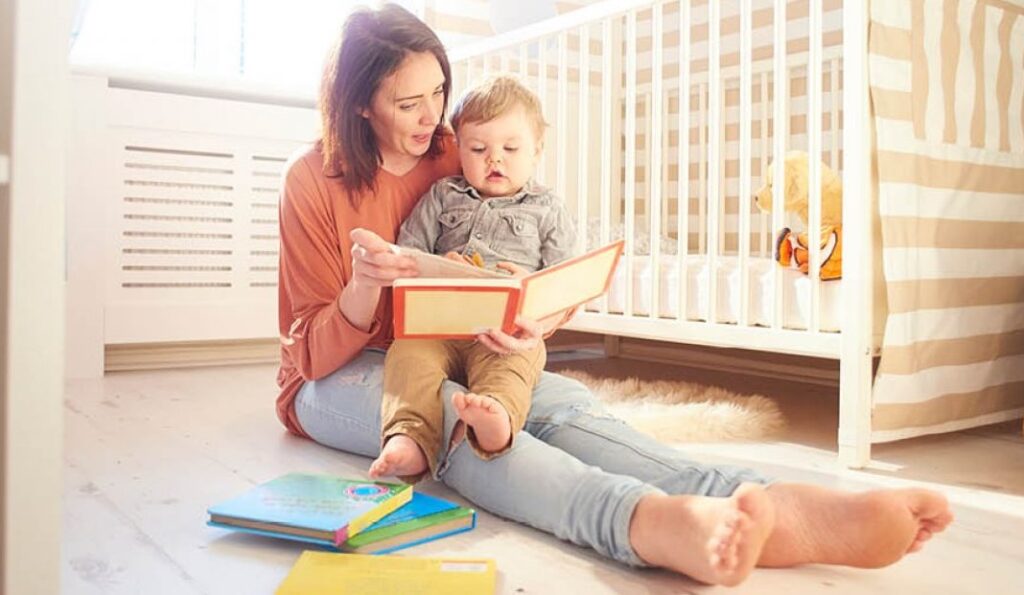
You can introduce the literacy skills to your toddler by telling stories, loudly reading books, magazines, posters, road signs, or playing letter games, like naming items in your surroundings that begin with a specific letter.
Health and Physical Well Being
Being physically active matters from the early years. By playing active games with your toddler and showing the value of physical activity, you are preparing your kid for success when it comes to self-awareness of their health.
Whenever possible, involve your youngster in your workout. Go for various activities such as strolling, rope jumping, playing outside, or give them toy weights to use while watching a video exercise. This demonstrates that exercise is not only beneficial to your health but also a pleasurable method to spend time with people.
Imagination
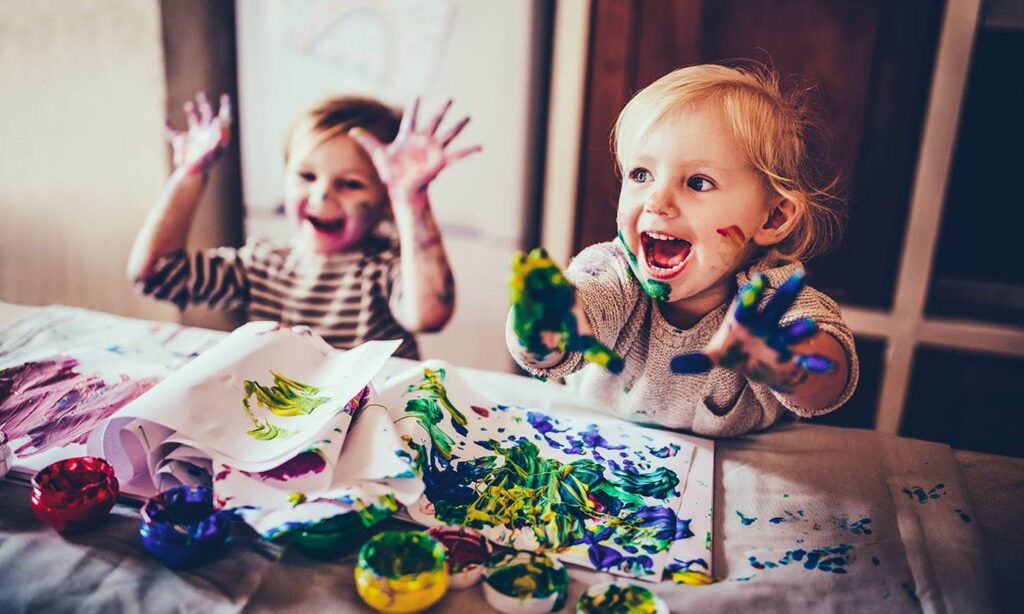
Allowing your child to handle and interact with different items, especially those they’ve never seen before, stimulate imagination and creativity. You can, for example, give your toddler to hold an ancient item, so he could ask questions like “what is it” and “how it was used?”. These types of questions will open up loops in his head and inspire the imagination process.
Confidence
Self-esteem and confidence are the crucial life skills that your toddler can start practicing early. First of all, the fundamentals of confidence start with giving enough love to your little one. While feeling that they are loved and most importantly secured, toddlers will more likely demonstrate an interest in the exploration of various objects.
Also, let the toddler crawl and explore all the surroundings by himself, by also making sure everything is safe around. Be present for your kid if they demonstrate signals of stress or a need for support.
It is critical to ease them because it ultimately promotes trust. Then, once they’re at ease, let them go back to exploring. A child who feels protected will be more confident in his or her ability to explore.
Teaching A Toddler Basics of Life
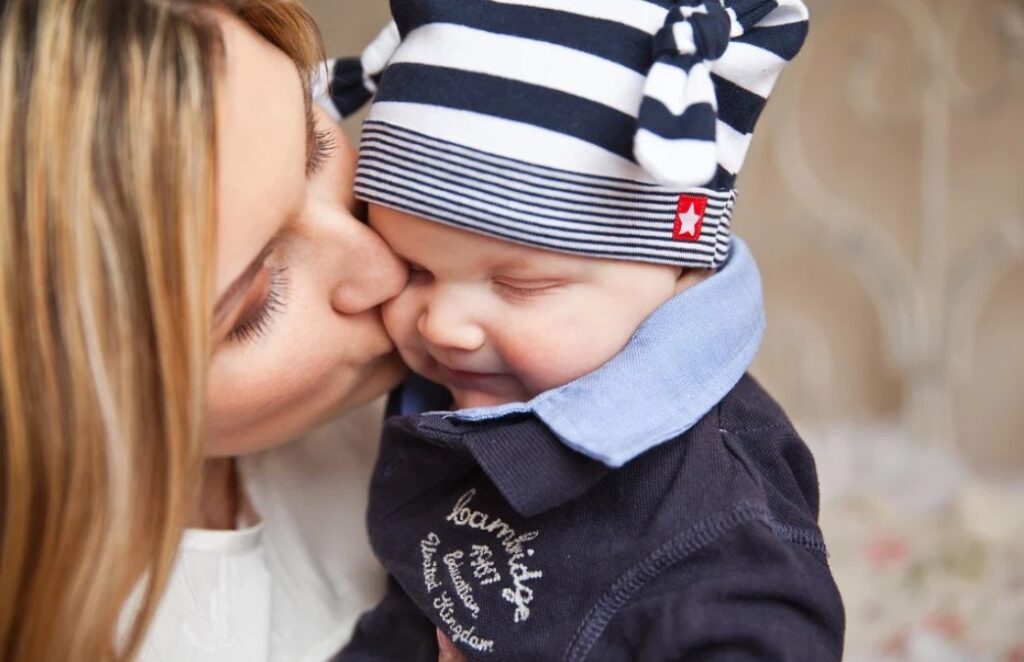
Letting your child explore social and interactive environments is the best thing you can do for your toddler’s learning headstart.
Giving your child the opportunity to try out different activities allows them to practice and assimilate what they’re learning.
For that, there are several activities you can take:
- Stimulate 5 senses of your kid: initiate activities that will allow him to see, taste, smell, touch, and hear various components and sounds.
- Talk to him as much as possible, and ask him various questions
- Observe different people with him, and try to spend time in social environments like family gatherings, etc.
- Always try something new, like new foods, music, toys, TV shows, etc.
- Bring him to the public library and let him select a few books to read and check.
Also, make sure that the activities are not always the same and vary one from another—take your kid indoors and outside, introduce them to energetic and calm activities, limiting activities, and unrestrictive play. Be versatile with your kiddo.
Make sure to provide lots of assistance for your youngster too, while you teach him new skills. You may need to demonstrate the action first. But don’t give them the solution right immediately!
Allow them to find things out on their own, which is the best way to teach fundamental problem-solving skills. Finding out how things operate, making and correcting mistakes, and finding better methods to accomplish things are all part of how we learn.
Final Words
Toddler learning is important, and hopefully,e all tips in this article will help you teach your kiddo the very basics of life. To find out more about toddler learning, check out the full toddler learning guide here.

